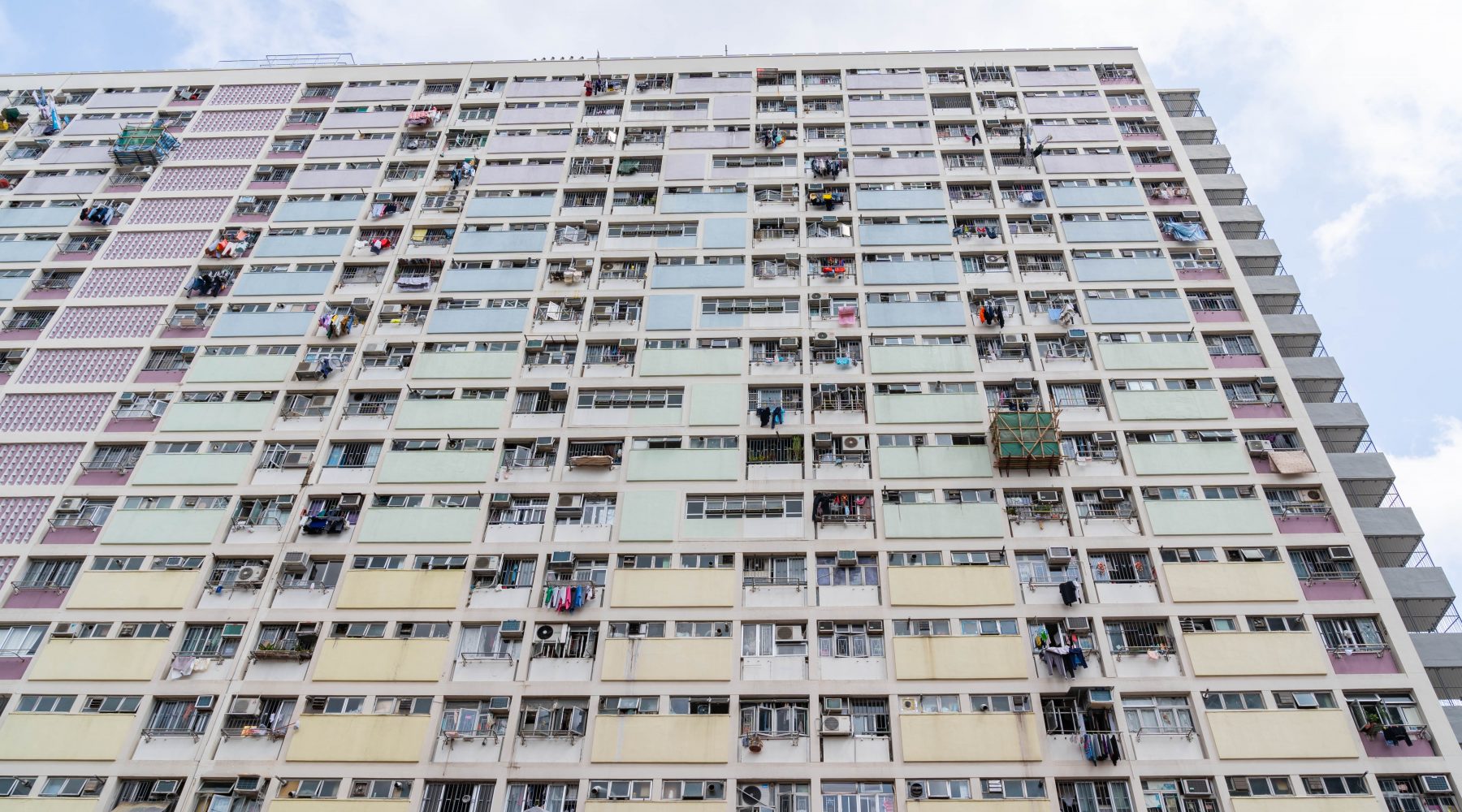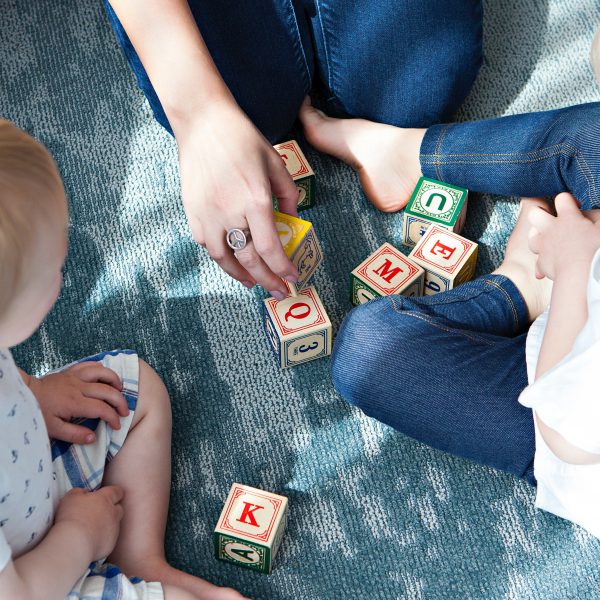Families struggling to connect in high-rise living

A new study from Deakin University’s School of Health and Social Development has found that families with young children living in high-rise apartments find it harder to meet and mix with other young families.
A lack of indoor and outdoor space, coupled with noise and privacy concerns, limit social interactions for young families, the study found.
The findings will be of interest to the early childhood education and care (ECEC) sector as providers seek to find ways to support families to integrate with the community, and may influence the range of opportunities that ECEC services provide for families living in such environments to connect with one another.
The Deakin research mirrors the launch earlier this year of a range of communities in the United States, designed specifically to promote community living and support families with some of the challenges around raising children in inner city urban environments.
The Kin concept focuses on “community, convenience and value” and amongst other things provides the following facilities and experiences for residents:
- Support families with young children’s needs by providing parents with daycare drop-off, stroller parking, on-demand childcare, and personalised in-unit cleaning.
- Sharing of resources – the close proximity of families within a Kin building, coupled with the power of technology, will allow for the sharing of resources, ranging anywhere from nannies to toys, driving affordability for families investing in the concept
- Fostering connections – the community focus of the Kin designed facilities enables families to meet and make connections with individuals going through the same life stage as themselves, through building-specific events like swimming lessons, holiday parties, cooking classes, and more.
Dr Elyse Warner said the Deakin research found that families wanted more opportunities for social interaction but found it difficult given the design barriers inherent in high-rise apartment buildings of three levels or more.
“Living in small-sized apartments without ready access to outdoor spaces for children to play combined with concerns over disturbing neighbours means families often don’t invite other children for playdates or host social gatherings,” Dr Warner said.
She said the qualitative study involving parents living in newer developments within the City of Yarra in Melbourne was prompted by the lack of existing research on the social impact of high-rise apartment living on families with children.
“We know that social connections are important for our health and wellbeing but what happens when the buildings don’t accommodate the needs of families, when they are designed for single people and couples without children?” Dr Warner said.
She said the City of Yarra, which includes the inner-Melbourne suburbs of Richmond, Collingwood, Fitzroy and parts of Carlton North, Alphington and Fairfield, has experienced a marked increase in high-density living, from six per cent of all dwellings in 2006 to 37 per cent in 2016.
“At the same time, there are increasing numbers of families with children moving into these residences. In 2016, 775 families with children were living in high-density homes within the municipality,” Dr Warner said.
“Moving out to larger homes in the suburbs isn’t always the answer and it further isolates the families that remain.
“Our research recommends encouraging developers to improve the allocation of social spaces within these developments as well as improve the regulation of noise.
“We also think there is more that councils can do to provide spaces to build community connections.
“The City of Yarra runs mothers groups and has lots of parkland in certain areas but more can be done to provide family friendly outdoor spaces in parks and recreation reserves – such as covered barbecue areas and play spaces.
“This would create all-weather places for families to meet and socialise outdoors which is healthy for everyone.
The study Surface acquaintances: Parents’ experiences of social connectedness and social capital in Australian high-rise developments by Dr Warner and her Deakin colleague, Dr Fiona Andrews, has been published on Science Direct and can be found here.
Popular

Quality
Practice
Provider
Research
Workforce
Honouring the quiet magic of early childhood
2025-07-11 09:15:00
by Fiona Alston

Policy
Practice
Provider
Quality
Workforce
Minister Jess Walsh signals urgent action on safety and oversight in early learning
2025-07-11 08:45:01
by Fiona Alston

Workforce
Policy
Quality
Practice
Provider
Research
The silent oath: Why child protection is personal for every educator
2025-07-17 09:00:31
by Fiona Alston











